The best and healthiest foods you should eat every day are actually foods you’re really familiar with. Your diet shouldn’t be hard to follow or understand.
Our bodies need every day a portion of vegetables, fruits, protein, some grains, and of course, dairy, or at least that’s what the USDA (the United States Department of Agriculture) recommends.
The following foods might not be proper for you if you already follow a diet or if you’re allergic.Â
Here is what you need to know.
Protein
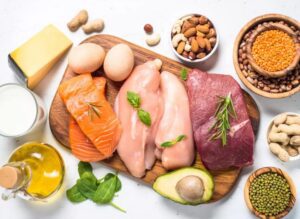
Protein is excellent for our overall metabolism and muscle health. It’s also great because it can make you feel full. You can try:
- Meat and poultry:Â chicken, pork, eggs, beef or turkey;
- Plant-based:Â seeds, nuts (or nut butter), and soy products;
- Seafood:Â sardines, tuna, oysters, salmon, crab, mussels, herring, or trout.
Fruits
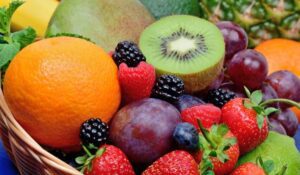
Of course, fruits! Not only fruits are the best (yes, you’ve probably heard this a million times), but they offer some of the greatest natural sugars, also known as fructose.
The USDA highly recommends:
- Bananas;
- Apples;
- Cherries;
- Pears;
- Strawberries;
- Grapefruit;
- Peaches;
- Oranges;
- Raisins;
- Watermelon;
- Mango;
- Grapes;
- Pineapple;
- Pomegranate;
- Cantaloupe.
Grains
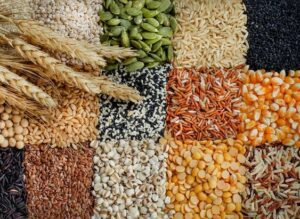
Did you know that grains can keep you as full as proteins do? They contain fiber and can be essential in your diet.
Here are the best grains that you can try:
- Quinoa;
- Popcorn (surprising, right?);
- Brown rice;
- Whole-wheat pasta;
- Whole-wheat bread;
- Oatmeal.
Vegetables
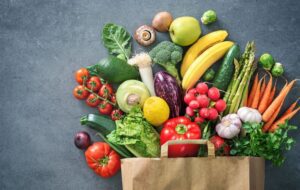
Vegetables are great because you can fill up your meal without putting too many calories. How great is this?
These are the five groups of vegetables that you can choose from:
- Red and orange:Â tomatoes, peppers, carrots, sweet potatoes, etc.
- Dark green vegetables:Â spinach, broccoli, collard greens, etc.
- Starchy veggies:Â corn, white potatoes, green peas, etc.
- Beans and peas:Â black beans, lentils, kidney beans, or chickpeas.
- Others:Â summer squash, mushrooms, avocado, etc.
Dairy
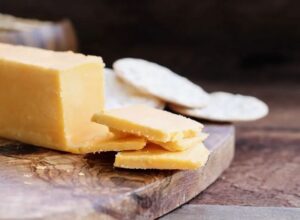
The USDA advises us to consume dairy products moderately, because they’re an extra protein source, too! You can always try milk, cheese, cottage cheese, yoghurt or kefir.
Remember that it’s best to talk with a specialist first about the “perfect” diet for you. Some foods mentioned above might not be proper for you if you have allergies or intolerances!











Leave a Reply